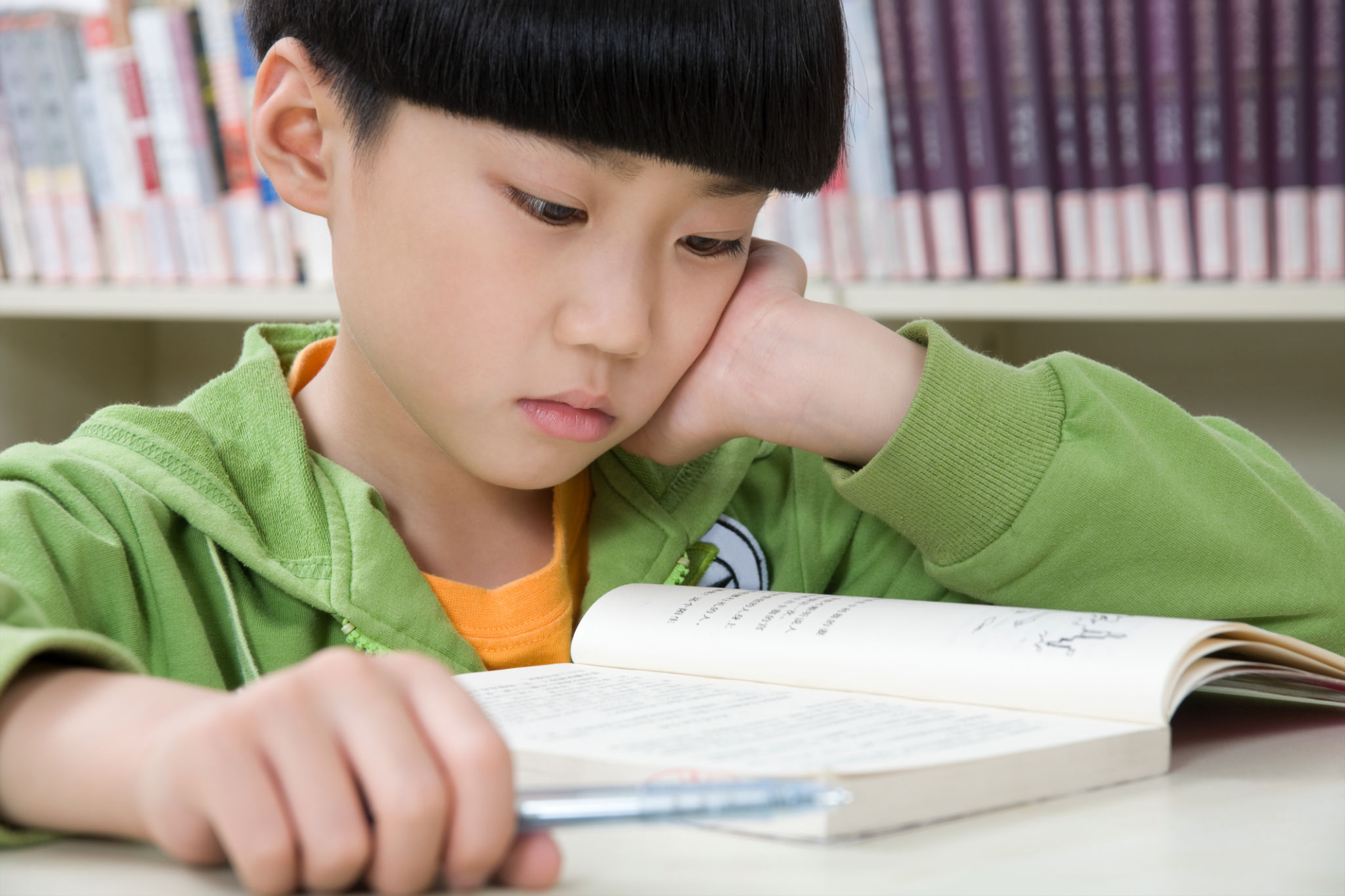The Role of a Child Development Specialist: Insights from Duygu Pekel
Understanding the Role of a Child Development Specialist
In today's fast-paced world, the role of a child development specialist is more crucial than ever. These professionals are dedicated to understanding and nurturing the physical, emotional, and cognitive growth of children. With their expertise, they help shape the next generation, ensuring that each child reaches their full potential. Among the experts in this field is Duygu Pekel, whose insights provide valuable understanding of the intricacies involved in child development.

The Importance of Early Childhood Development
Early childhood is a critical period for development, as it lays the foundation for future learning and behavior. During these formative years, a child's brain develops rapidly, influenced by interactions with their environment. Child development specialists like Duygu Pekel emphasize the importance of providing a nurturing and stimulating environment to support this growth.
Research shows that early interventions can significantly impact a child's developmental trajectory. By identifying and addressing potential issues early on, specialists can help prevent or mitigate developmental delays and other challenges. This proactive approach is essential for fostering resilience and adaptability in children.
Key Responsibilities of a Child Development Specialist
- Assessing developmental milestones
- Creating individualized intervention plans
- Collaborating with families and educators
- Advocating for children's needs
A child development specialist's responsibilities are diverse and require a deep understanding of child psychology and educational theories. By observing and assessing children's behaviors, they can tailor interventions that support each child's unique needs. Collaboration with families and educators is also vital, ensuring that everyone involved in the child's life is working towards common developmental goals.

The Impact of Environment on Child Development
The environment plays a significant role in shaping a child's development. Factors such as family dynamics, socio-economic status, and cultural influences can all affect a child's growth. Duygu Pekel highlights the importance of considering these variables when working with children, as they can provide crucial context for understanding developmental challenges.
Creating an inclusive and supportive environment is essential for promoting positive development. This includes not only physical spaces but also emotional and social environments where children feel safe, valued, and engaged. Child development specialists work to foster these environments through education and advocacy.
Insights from Duygu Pekel on Advancing Child Development
Duygu Pekel's approach to child development focuses on evidence-based practices and continuous learning. By staying informed about the latest research and methodologies, specialists can offer the most effective interventions for children. Pekel also emphasizes the importance of empathy and patience, recognizing that each child's journey is unique.
- Engage in ongoing professional development
- Prioritize communication with families
- Utilize technology to enhance learning opportunities

Collaboration with Other Professionals
Child development specialists often work alongside other professionals such as pediatricians, therapists, and educators to provide comprehensive care. This interdisciplinary approach ensures that all aspects of a child's development are addressed. Duygu Pekel advocates for open communication and collaboration among professionals to create a cohesive support system for children.
The synergy between different fields allows for a more holistic view of child development, enabling specialists to design well-rounded intervention strategies. This collaborative effort not only benefits the child but also empowers families by providing them with a network of support.
The Future of Child Development
As our understanding of child development evolves, so too does the role of the specialist. Advances in technology and research continue to inform best practices, offering new tools and techniques for supporting children. Duygu Pekel believes that the future will see an increased emphasis on personalized learning experiences and the integration of technology in developmental assessments and interventions.
The role of a child development specialist is both challenging and rewarding. By staying committed to lifelong learning and collaboration, these professionals can continue to make a profound impact on the lives of children and their families.